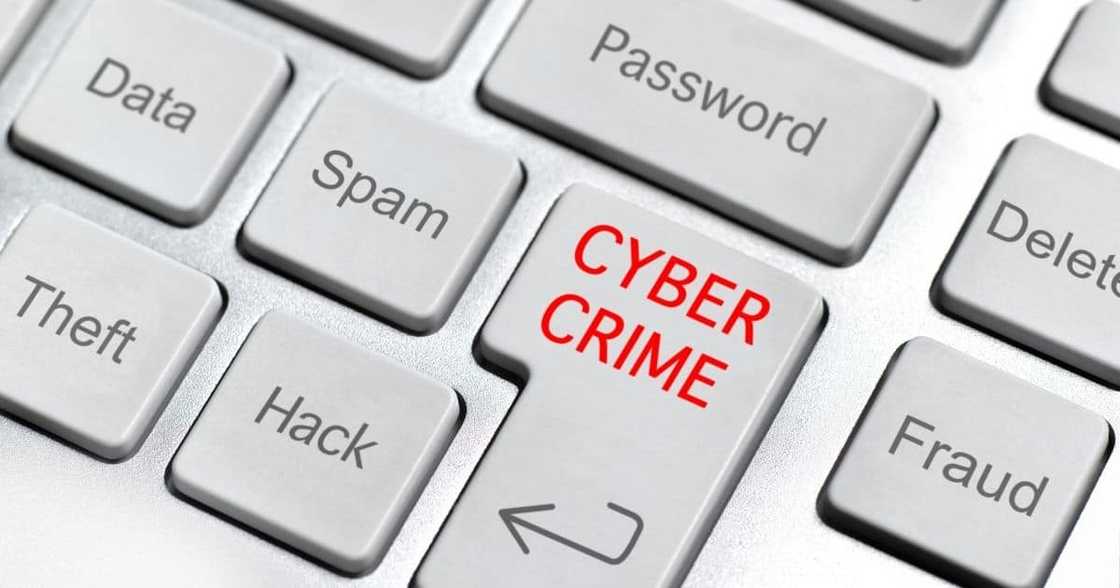Hacking: Child Maintenance Payments Unintentionally Postponed Due to Ransomware Attack
- Child grant payments are currently delayed due to the recent unexpected cyberattack on the Department of Justice and constitutional development’s IT systems
- The delay in child payments primarily stems from systems such as MojaPay which the Department uses to process payments being currently unavailable
- Spokesperson Steve Mahlangu stated that they are unable to provide the public with a time as to when the systems will be back online
PAY ATTENTION: Click “See First” under the “Following” tab to see Briefly News on your News Feed!
The recent cyberattack on the Department of Justice and Constitutional Development’s IT systems has resulted in an unexpected postponement of child maintenance payments.
The department confirmed that payments would be postponed as a result of departmental systems such as MojaPay, the system the Department utilises to process payments, being currently offline.

Source: Getty Images
Spokesperson Steve Mahlangu addressed the situation and stated that as the situation currently stands they are unable to provide the public with a time frame as to when the systems will be operational again.
Following reports by EWN Mahlangu confirmed that accelerated efforts are being made by IT and industry experts to return the impacted systems targeted by the attack to their original operating state.
PAY ATTENTION: Never miss breaking news – join Briefly News' Telegram channel!
SowetanLIVE reported on the worry felt by the Information Regulator SA around the hack as their own operations were also impacted.
Tech News: Hackers are targeting home WIFI routers, experts warn SA to be aware
Previously, Briefly News reported that tech professionals are warning homeowners to be more cautious with their personal WIFI routers, this after a dramatic increase in the number of internet hackers attempting to intercept the systems.
According to Business Tech, hackers have created a new tactic involving home routers in phishing attacks. While nearly 64% of households use home internet servers, only 1 in 6 take any cautionary measures to protect them against cyber attacks.
Speaking about the upsurge in attacks, VPN service provider, NordVPN, shared that the hackers were targetting these poorly protected devices and changing their settings. Once this had been accomplished the devious hackers redirected unsuspecting internet users to a fake web page.
Advising home WIFI users about what to do to prevent such attacks, NordVPN says homeowners should always change their default password and consider hiding their WIFI network name from unfamiliar users.
"You can turn off SSID (WiFi network name) broadcasts. If you hide your SSID, the name of your home WiFi won’t appear in the list when someone tries to connect. Instead, they’ll have to manually connect by typing in your home WiFi name and password. This way, a potential intruder will have to know the exact name of your home WiFi as well as the password," the company noted.
Source: Briefly News



